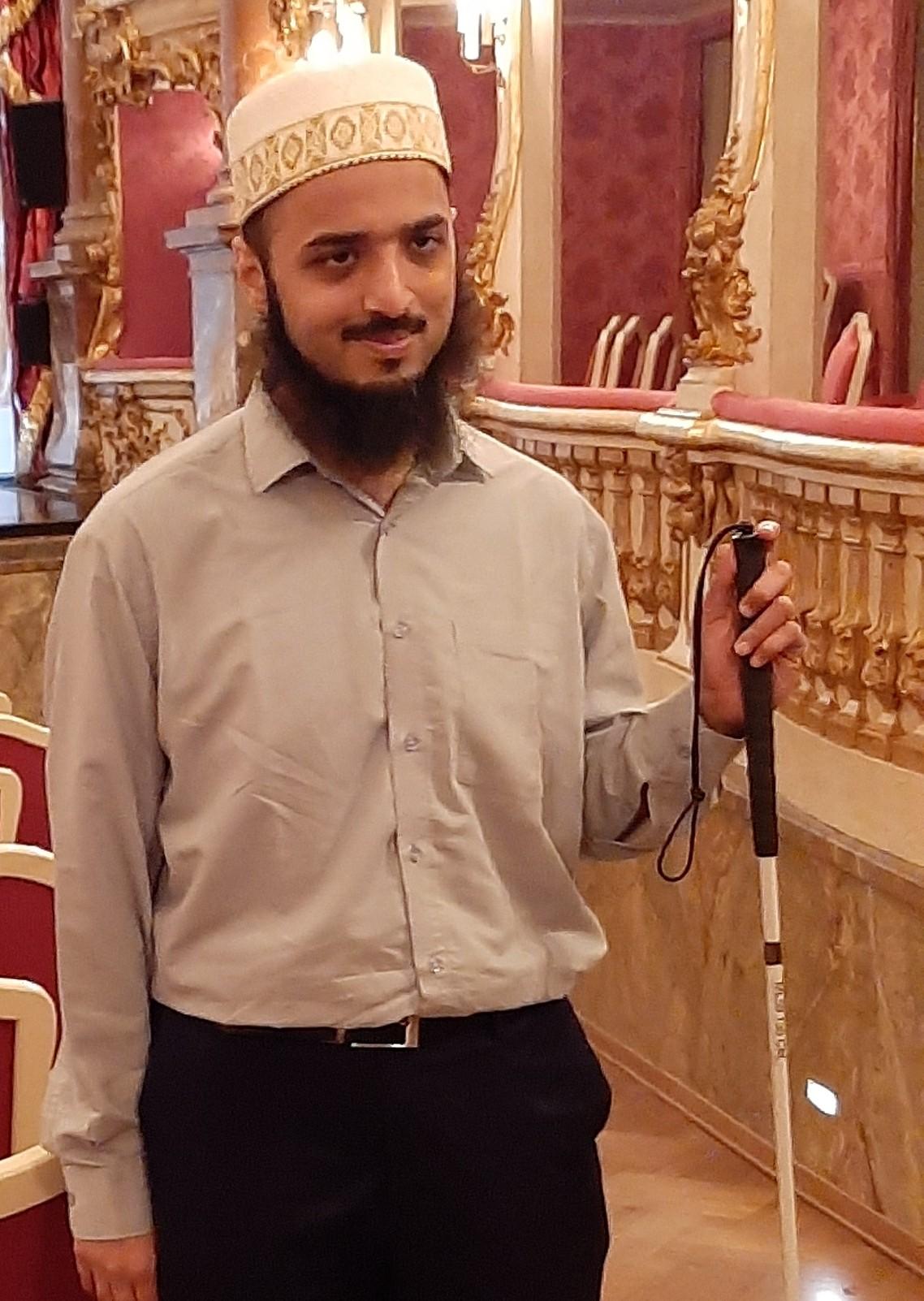Moiz Tundawala awarded a Leverhulme Trust early career fellowship
Associated people

Dr Moiz Tundawala has been awarded a three year Leverhulme Trust Early Career Fellowship to pursue research on the topic ‘Legalizing Sovereignty in South Asian Constitutionalism’ at the Bonavero Institute of Human Rights under the mentorship of Professor Kate O’Regan. Moiz is joining Oxford after completing his doctoral studies at the London School of Economics and Political Science, LLM from the School of Oriental and African Studies, and BALLB (Hons) at the West Bengal National University of Juridical Sciences Kolkata. He has been teaching at the Jindal Global Law School in Delhi NCR India. He is interested in studying public law and constitutional theory underpinned by an interdisciplinary engagement with intellectual history and global political thought.
Moiz’s postdoctoral project examines how the ethno-nationalist and socio-religious movements of Hindutva and Islamism have instrumentalized constitutionalism to become politically powerful in postcolonial India and Pakistan. His work looks at the ideologies of these movements, which despite being at odds with the founding principles of civic-nationalism and liberal-secularism, have managed to insert themselves onto the constitutional field and influence state power in the two countries. He adopts a historical, comparative and interpretive approach to examine the key texts of Hindu and Muslim political thought and the relevant literature connected to the legal systems of India and Pakistan, including constitutional, legislative and judicial debates on the subject.
Taking the South Asian subcontinent as his starting point, Moiz is developing an explanatory intellectual framework to make sense of the conflict between law and sovereignty in the global age of authoritarian populism. With the return of religion to the political sphere and the rise of bigotry and xenophobia, his research will contribute to the understanding of these phenomena and their implications for the constitutional culture of the contemporary moment.
This project follows on from Moiz’s DPhil thesis completed at the LSE, which he is revising into a monograph on law, sovereignty and constituent power in modern India.


